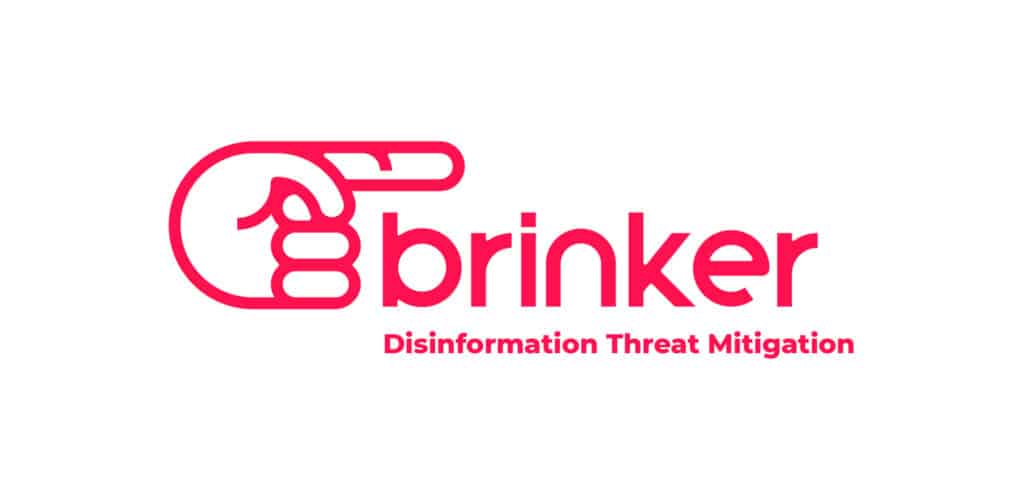There’s more bad news for companies that rely on the Intelligent Platform Management Interface (IPMI) to manage servers and other hardware in their IT environments. Specifically: researcher Zachary Wikholm over at Cari.net has published evidence of what he says is a head-slapping vulnerability affecting devices that use IPMI Base Management Controllers (BMCs) made by the firm SuperMicro. According to Wikholm, servers equipped with Supermicro BMCs store a password file, PSBlock, in plain text and – making matters worse- leave it open to the world on port 49152. “You can quite literally download the BMC password file from any UPnP enabled Supermicro motherboard running IPMI on a public interface,” he wrote. Baseboard Management Controllers (BMCs) are small, embedded systems attached to a system’s motherboard that manage IPMI communications. Wikholm says that Supermicro has fixed the problem in the latest version of its IPMI firmware. However, companies are often reluctant to flash […]
Tag: patching
Infographic: A Heartbleed Disclosure Timeline (Secunia)
The dangerous security hole in OpenSSL known as “Heartbleed” has (mostly) faded from the headlines, but that doesn’t mean it isn’t still dangerous. As this blog has noted, the Heartbleed vulnerability was patched quickly on major platforms like Apache and nginx and by high profile service providers like Google and Facebook. But it still has a long tail of web applications that aren’t high risk (i.e. directly reachable via the Internet) and embedded devices that use OpenSSL or its various components. As the folks over at Acunetix note in a blog post today, hundreds of other services, application software and operating systems make use of OpenSSL for purposes that might be entirely unrelated to delivering pages over HTTPS. This includes all the email servers (using SMTP, POP and IMAP protocols), FTP servers, chat servers (XMPP protocol), virtual private networks (SSL VPNs), and network appliances that use OpenSSL or its components. The number of systems vulnerable to […]
IPMI Insecurity Affects 200k Systems
It has been almost a year since security researcher Dan Farmer first warned of the danger posed by Intelligent Platform Management Interface (IPMI) – a ubiquitous protocol used to do remote management of servers. According to a new report, however, that warning went unheeded. Writing last week (PDF), Farmer said that a world-wide scan for systems using the Intelligent Platform Management Interface (IPMI) protocol identified over 230,000 Baseboard Management Controllers (BMCs) exposed to the Internet. As many as 90% of the exposed systems could be compromised by exploiting what Farmer characterized as “basic configuration and protocol weaknesses.” Even more worrying, the 230,000 systems that are Internet accessible are probably just a fraction of all the vulnerable systems that might be attacked, with many deployed on (hackable) corporate and private networks. Farmer is reiterating calls for public and private sector organizations to wake up to the dangers posed by IPMI. Hackers who are able to compromise Baseboard Management […]
Heart Attack? Fixes For More Critical Holes In OpenSSL
Just a month after a critical security hole in OpenSSL dubbed “Heartbleed” captured headlines around the globe, The OpenSSL Foundation has issued an other critical software update fixing six more security holes, two of them critical. The Foundation issued its update on Thursday, saying that current versions of OpenSSL contain vulnerabilities that could be used to carry out “man in the middle” (or MITM) attacks against OpenSSL clients and servers. SSL VPN (virtual private network) products are believed to be especially vulnerable. Users of OpenSSL versions 0.9.8, 1.0.0 and 1.0.1 are all advised to update immediately. According to information released by the OpenSSL Foundation, an attacker using a carefully crafted handshake can force the use of “weak keying material in OpenSSL SSL/TLS clients and servers.” That could lay the groundwork for man-in-the-middle attacks in which an attacker positions herself between a vulnerable client and server, decrypting and modifying traffic as it passes through the attacker’s […]
Podcast: Is Defense-In-Depth The Only Real Heartbleed Fix?
Like everyone else, we wrote extensively in the last month about the serious security vulnerability in OpenSSL dubbed “Heartbleed,” which affected many of the world’s leading web sites and services, including Facebook and Google. The large-type headlines about Heartbleed have passed. But that doesn’t mean that the danger has. As we have noted, we are entering a phase that might be considered Heartbleed’s ‘long tail.’ Most of the well-trafficked websites that were vulnerable to Heartbleed have gotten around to fixing the vulnerability. But public-facing web servers are only the beginning of the story for OpenSSL. Chasing down the vulnerability’s long tail in third-party applications and on internal web sites and applications is a much larger task. As I’ve noted: open source components make their way into all manner of applications and bespoke products these days, often without any effort to assess the security of the borrowed code. For companies that need to protect critical IT […]






